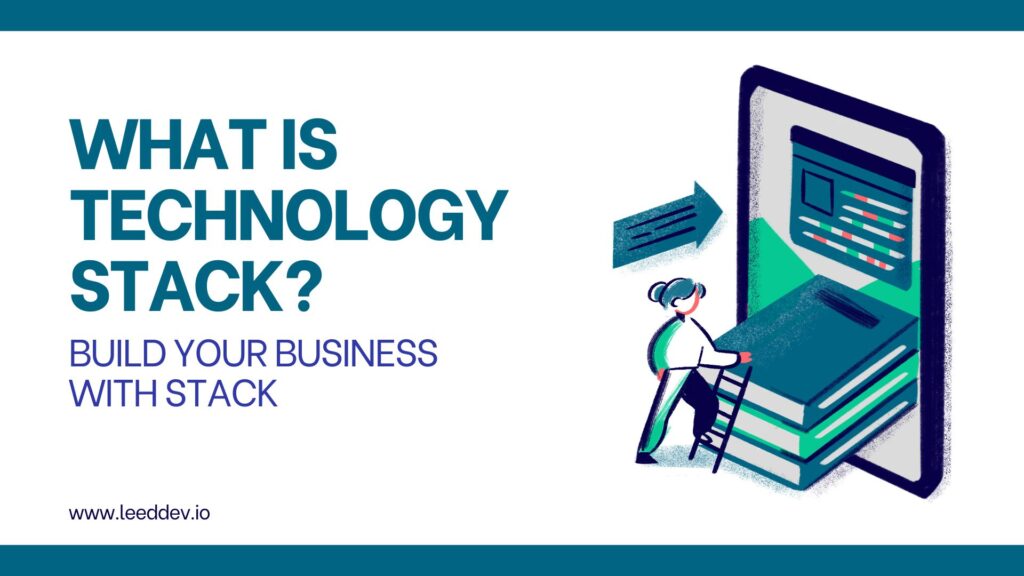5.0 technology is driving economic growth, resiliency, and sustainability. Perseverance in technological innovation contributes to a timely economic recovery and will continue to drive prosperity in the current era of this evolution. 5.0 technology advanced people to connect with information and connect people to the globe. IHS analysis shows the integral role 5G will take in the global economy regarding sales enablement across all industries and the 5G value chain related to output. 5G will shape our economy for years to come. By the coming years one billion users are expected to have access to 5G technology with speeds as high as 500Mbps to 1Gbps.
5.0 technology is all set to push our data transfer capabilities to a whole new level:
-
90% expect new products and services that have yet to be invented
-
88% expect new industries to emerge
-
80% expect small business growth and more global competition
-
84% expect it to make companies more globally competitive
-
90% expect increased productivity
Are you Ready for the New Industrial Revolution?
5G is the latest and most developed wireless technology. It has been developed to meet the needs of the digital era. 5G promises to be speedier, more reliable, and more reasonable than ever. The 5G network will be capable to provide high-speed data transmission with low latency (the delay in data transmission) that permits real-time transmission from one place to another. This will permit you to stream videos without missing a moment or upload photos and videos quickly. 5G offers several advantages over the existing 4G network but it does have some disadvantages as well.
Data speeds
5G is the latest wireless standard that will permit data speeds up to 1,000 times faster than 4G networks. which can bear up to 1 gigabit per second (1 Gbps). In contrast, a 4G network can exclusively reach up to 100 Mbps. This means that you will be able to download your favored shows and movies in seconds, instead of minutes or hours. And it will also permit you to stream video without buffering or having to stay for the next part of a show to load.
Data Reliability
5G will also be more trustworthy than 4G. With 5G, your connection would not drop out as usual, which means fewer dropped connections and better streaming performance for all of your devices. 5G is developed to withstand natural disasters like storms, earthquakes, and volcanic eruptions, something that 4G networks cannot do without being destroyed by these circumstances.
Cost Savings
It’s less expensive than 4G and offers access to more increased bandwidths and lower latencies than earlier generations of wireless technology. 5G lowered expense per gigabyte more than 4Gs because it uses less space on each cell tower, making it more comfortable for carriers to install more cell towers.
Low Latency
It will permit us to shift from satellite-based Internet access to something better in line with fiber optic cables and fiber to the house. This means less lag time for online workouts and less latency when streaming video or playing games online, which should make them more pleasurable!
Challenges Faced By 5.0 Technology
5G is an essential step forward in the evolution of internet infrastructure. It will bring more rapid speeds, more ability, and better coverage to users. Nevertheless, it comes with its own bunch of challenges.
Risk of Hacking
There are threats associated with 5G technology that could risk network security. It difficult or impossible for businesses to operate securely. This contains the possibility of cyberpunks being able to access data through their physical location as well as potentially hijacking linkages between devices.
Infrastructure limitations
For 5G networks to be efficacious, 5G network needs more infrastructure than other networks like 4G and 3G. Which means that it will command more to create. This makes it challenging for them to spread out across cities and towns where they would be required most. As a consequence, they will only be available in urban areas where there is sufficient space to adjust them. Without causing considerable disruption or inconvenience to residents or industries operating within those areas.
Technology Shift
Researchers are meeting the technological challenges of standardization and application of 5 G services. The most prominent challenge facing 5G networks is that they require regular technological upgrades. To stay at the forefront of technological innovation and remain competitive against other companies offering similar benefits.
The Functionality 5.0 Technology
5G technology is assumed to be the next primary evolution in wireless transmissions. 5 G new radio is a transnational standard for a more capable 5G wireless air interface. Numerous transmitters and receivers can transmit more data at the same time. Software-designated platforms will be utilized for 5G architectures. IT and business process automation allow 5G architecture to be flexible and allow users to access it anytime and anywhere. 5G improves digital experiences via machine learning where the demand for response times is within fractions of a second. The connected experience will be improved by the automatic management of traffic and services.
Conclusion
5G will be the breakthrough of this century which is yet a few years away from being completely implemented. But the things it has to offer are fantastic, particularly in the field of connectivity. With the help of 5G internet, the very thought of having an internet connection. That can run at 3 GBPS speed becomes a fact and it will be endless. The speed of Internet linkages via 5G is increasing by hundreds and thousands of times compared to the current 4G network. This will also lead to a severe reduction in the cost of Internet connections. Resulting in improved access to faster connectivity by people worldwide. The rate of the invention will diminish drastically with this reduction in cost associated with 5G internet services. Along a more satisfactory quality of life for us!




